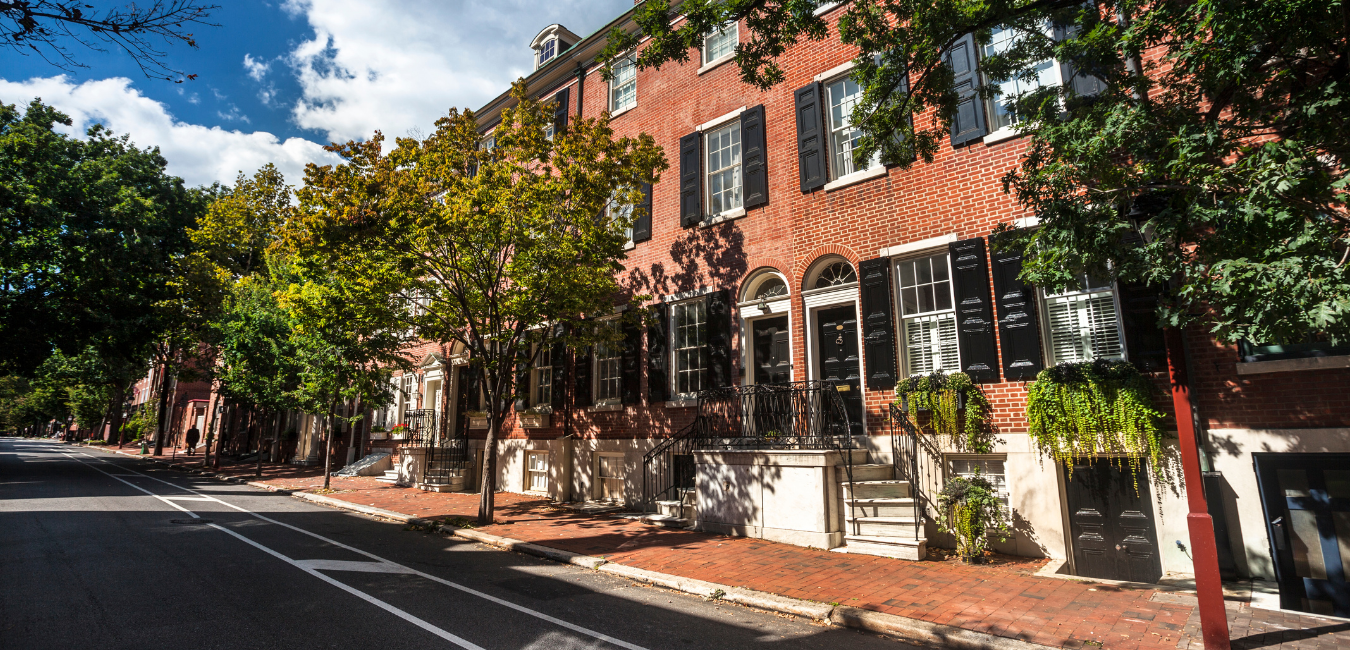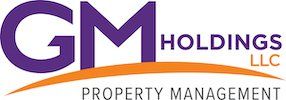Should I Buy a House or Rent in Philadelphia?

There are many reasons to love Philadelphia and many exceptional areas to buy or rent.
With all that said, we need to ask: to buy or to rent? It’s a loaded question–especially so in a city like Philadelphia.
After all, we can’t give you a concrete, one-size-fits-all answer. Buying or renting each has pros and cons, depending on your circumstances and overall needs.
Let’s explore the prospect of buying and renting in Philadelphia, weighing the benefits and disadvantages of each decision:
Introductory Principles To Buying Or Renting In Philly.
There are some hard-fast rules you should follow when renting or buying in Philly.
For one, don’t buy a home if your job stability is in question. Renting is the only way to go here. If your job is firmly secured, you can more confidently enter the home-buying market.
Also, be aware that the insights garnered from formulas and calculators that analyze your ability to buy a home are not particularly comprehensive. Yes–they can be a valuable tool, but they don’t tell the complete story because they don’t weigh various subjective factors that can prove more crucial than the numbers alone–we’ll discuss those factors below.
What Are The Pros Of Renting In Philadelphia?
Initially, you’ll only need the first/last month’s rent and a security deposit when renting. That's far less money than you'll need to buy a home. Plus, you’ll get your security deposit back once you move if you’ve left the rental unit in good condition.
Renting isn’t a long-term commitment. A Philadelphia lease typically lasts around a year. It’ll either be automatically renewed or terminated at the end of the contract. Thus, you won’t be tied down, which is crucial if you require freedom of movement in your life.
Housing markets and general economic shifts won’t impact renters. You may face slightly steeper or moderately decreased rental rates. However, sometimes-volatile factors like underwater mortgages, shadow inventory, and declining home values won’t hamper a renter’s ability to rent a home or apartment.
Another benefit of renting is that you can move neighborhood-to-neighborhood for a while, empowering you to carefully weigh where you want to lay down roots.
Renters don’t have to pay for in-home repairs–these expenses are on landlords. It also doesn’t take much time to start renting. Moving into your new place only takes about two to three weeks.
If you rent, you won’t need to pay real estate taxes or deal with the related hikes.
Lastly, the average rent in
Philly right now is around $1,900. That price can be relatively steep for some, but it can be offset by splitting the costs with a roommate.
What Are The Cons Of Renting In Philadelphia?
While renting a home or apartment unit, you don’t have much control over the property or its conditions.
You also won’t build any equity since your money goes to your landlord. Thus, renting isn’t the most feasible long-term option to help solidify your future. Furthermore, renting doesn’t offer any tax deduction benefits.
The Verdict On Renting In Philadelphia
Young people and those who could benefit from financial wiggle should likely rent instead of buying a home. Renting costs can indeed be high, but even then, you’re paying far less upfront than you will for a downpayment on a home. When you want to put down roots–and have the available resources and finances to do so–it might be time to move on from renting.
What Are The Pros Of Owning A Home In Philadelphia?
Once you’ve purchased a home, you’ll have complete control over your property. You can evolve, improve, and renovate your home’s interior and exterior to your heart’s content.
Mortgage rates in Philadelphia are currently 6.81% for fixed loans of 30 years and 6.08% for a 15-year fixed loan.
These are
affordable rates (provided you have the available funds to keep making mortgage payments).
Plus, every mortgage payment a homeowner makes helps build your equity. You receive substantial tax deductions for mortgage depreciation and interest.
Note also that the average cost of a
home in Philadelphia is $213,244. This is a reasonable price for most people in the position to buy homes. For added context, the
typical home price across the US is $354,649, per the Zillow Home Value Index.
What Are The Cons Of Owning A Home In Philadelphia?
Based on the statistics above, a 20% downpayment on an average Philly home would be $42,648. That’s a far steeper initial money outlay than renting, which would just require a few thousand dollars at most.
Homeowners also must save money for annual repairs and are subject to a lengthy closing process. While renting takes a couple of weeks to move in, purchasing your new abode can take 30-60 days.
You also don’t benefit from flexibility and freedom of movement like you would with renting. Once you buy a home, you should plan to live there for a minimum of five years.
Lastly, homeowners must pay real estate/property taxes, which can increase from year to year.
The Verdict On Owning A Home In Philadelphia
Owning a home is a viable long-term goal if you want to lay down roots in Philadelphia. Often renting allows you to save money until you want to buy. Conversely, homeownership is a long-term investment that’s all but guaranteed to pay off and help solidify your future.
The primary setback with homeownership is one’s ability to afford it. That said, the
average monthly mortgage cost in Pennsylvania is $1,071. That’s less than the monthly rent in Philadelphia. As long as you can afford your downpayment, your monthly mortgage in Philly can be cost-efficient if you're living in a household earning an adequate income.
In Conclusion: Should You Own Or Rent In Philadelphia?
There’s no shocking conclusion to this article. At the beginning of this blog, we already gave you the spoiler: the choice to buy or rent should rest upon your current circumstances and future goals.
Do you have any questions about Philadelphia’s housing or rental market?
Contact GM Holdings today–we’d be thrilled to offer you some valuable insights.





